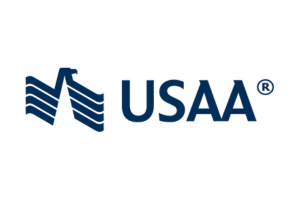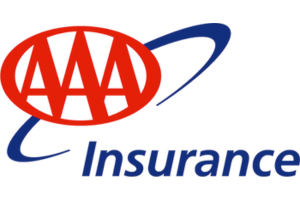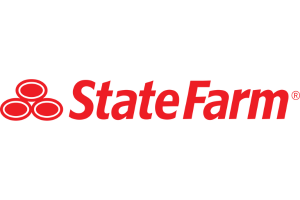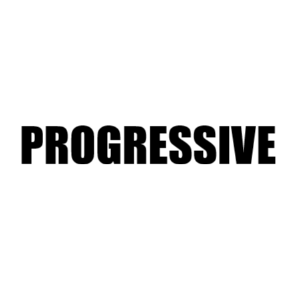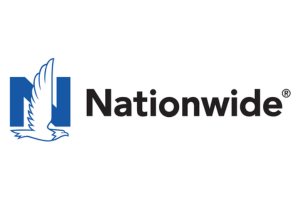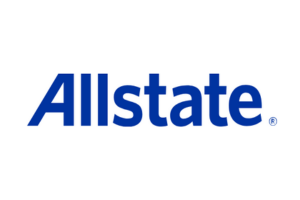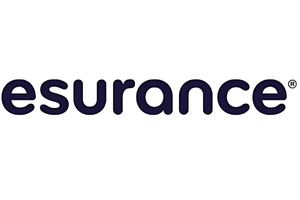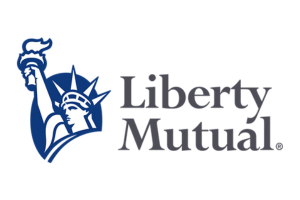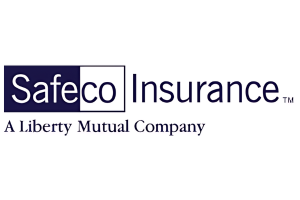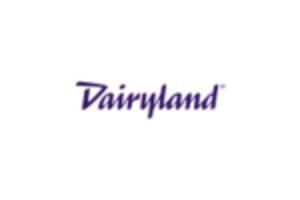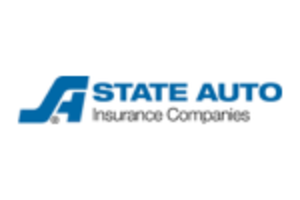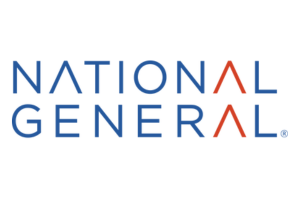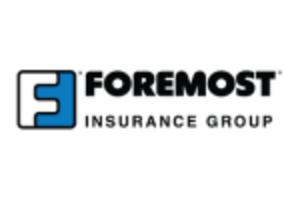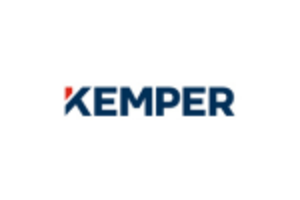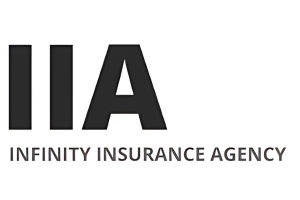Best North Carolina SR-22 Insurance in 2026
What are the requirements behind an SR-22 in North Carolina?
Along with a handful of other states, North Carolina doesn’t require an SR-22 form be filed after certain convictions. Most states in the U.S. have an SR-22 insurance requirement. Instead, North Carolina requires all drivers to have a minimum amount of liability insurance coverage and has other laws in place that determine penalties for certain violations. There are a lot of factors that go into what you may or may not need when it comes to an auto policy, but an SR-22 filing is a little different than your standard coverage. So it's best to understand what car insurance you have and also what you need.
For states that require an SR-22 form, it means the driver committed a driving violation and has been required by their state or court to file it. The SR-22 insurance form acts as proof of insurance and it guarantees to the state that you have the minimum amount of insurance coverages required of you. It allows you to drive in the state. SR-22 forms are typically required after a driver has been convicted of a DUI, was caught driving without insurance or committed another serious violation. You'll need to work with your insurance carrier as well as the Department of Motor Vehicles as well.
If you need to compare companies for any reason, we offer a free, online tool that can help you.
SR-22 insurance limits in North Carolina
Although North Carolina doesn’t require drivers to have SR-22 insurance after certain convictions, the state still requires all drivers to meet its minimum car insurance coverage. North Carolina drivers are required to have at least the following car insurance limits:
- $30,000 for bodily injury or death per person
- $60,000 for bodily injury or death per accident
- $25,000 for property damage coverage per accident
Failure to have the required auto insurance in North Carolina results in fines, license and registration suspension and potential jail time. Penalties depend on if you’ve had lapses in coverage and how many lapses you’ve had in the last three years.
Who needs an SR22 in North Carolina?
Even though North Carolina doesn’t require its drivers to have SR-22 insurance after certain convictions, if you’re a driver in North Carolina and you’re moving to a state that requires you to have an SR-22 insurance filing, you may need find out what will happen. There may be a one-time fee associated, or a minimum requirement in terms of coverage even though you already have a license suspension in place. SR-22 insurance is required in a few scenarios in order for you to get your license reinstated. SR-22s are required after you’ve committed certain violations with the law. You may even be required to have an SR-22 if you’ve had a series of small violations within a short span of time. You could need an SR-22 for the following reasons:
- Conviction for driving under the influence (DUI or DWI)
- Driving without car insurance
- Driving with a revoked or suspended license
- Having repeated traffic violations in a certain amount of time, including speeding tickets
- Numerous at-fault accidents
- A fatal at-fault accident or one that results in injuries
- Reckless or dangerous driving
- Assignment from a court order
- Failure to pay fines from tickets
- Refused consent to breathalyzer or blood alcohol test
If you’re moving to a new state and need to get SR-22 insurance, you’ll need to get SR-22 insurance from an insurance company that offers SR22 insurance in your new state. The form will need to be filed with your new state rather than with North Carolina. Because of this, it's always a good idea to know where your nearest Department of Motor Vehicles office is located, so that you'll be able to quickly obtain your proof of insurance and complete your SR-22 filing.
What are the rates in North Caroline for an SR-22 filing?
Having a DUI/DWI conviction is one of the most common reasons drivers need SR-22 insurance. Although there is no SR-22 requirement in North Carolina, being convicted of a DUI still significantly affects your car insurance rates. North Carolina drivers who’ve been convicted of a DUI pay an average of $3,759 per year for car insurance. Car insurance with a DUI in North Carolina is more than three times higher than standard car insurance in the state. In the table below, you can view average auto insurance rates for drivers in North Carolina who’ve been convicted of a DUI.
| Company | Car insurance rate |
|---|---|
| National General | $2,330 |
| North Carolina Farm Bureau | $2,945 |
| State Farm | $2,958 |
| Erie | $3,028 |
| Progressive | $3,635 |
| Auto-Owners | $3,892 |
| Geico | $4,082 |
| Nationwide | $4,120 |
| Travelers | $4,281 |
| Allstate | $4,536 |
These rates are based on a 35-year-old single adult with one driver and one vehicle on a policy. The car used was a 2015 Toyota Highlander LEs. Full coverage was used with 100/300/50 limits and a $500 collision and comprehensive deductible. The driver had 1 DUI on their record. The rates displayed should only be used for comparative purposes as individual rates for high-risk insurance in North Carolina will differ. Rate data is provided by Quadrant Information Services.
While car insurance policies with a DUI are expensive, if you maintain your car insurance while keeping a clean driving record, your rates may go down over time.
How do you end up with an SR-22?
If you’ve been convicted of a driving violation in North Carolina or have been involved in any other circumstances involving reckless driving, you may be considered a high-risk or non-standard driver. This may result in your car insurance rates to increase. Most states require an SR-22 form to be filed by certain high risk drivers guilty of violations, requiring the drivers to get SR-22 insurance.
Even though North Carolina doesn’t require an SR-22 form, drivers with violations typically associated with SR-22 insurance may have a harder time finding an insurance company that will sell them a policy. Some licensed agents will be up front about this fact. If you’re considered a high-risk driver and your current insurance provider won't acknowledge your original policy after you're required to have an SR-22 on file, it may be a good idea to shop for a new car insurance company in North Carolina.
Use the table at the top of this page to find car insurance companies that offer high-risk insurance in North Carolina. If you want to see which companies customers say are the best car insurance companies for high-risk insurance in North Carolina, sort the table by highest rated. You can sort through companies and find the ones you want to get quotes from. To get quotes, click on the orange, “click for quote” button next to the company, call the number available or visit the company’s website.
If you want to read customer reviews of the company, click the company name in the table and you will be directed to the company’s profile page containing information about the company and reviews.
Is there any financial responsibility associated with an SR-22?
SR-22 insurance is not required in North Carolina, therefore there are no fees associated with the form. If you do end up requiring an SR-22 form, there will be a filing fee. You may have fees for other violations in North Carolina, though.
A DUI is a serious offense in North Carolina with strict consequences and requirements in order to earn your driving privileges back. DUIs greatly affect your car insurance rates, increasing them significantly for a number of years. North Carolina has five levels of DUI convictions (ranging from Level I to Level 5) that determine your penalty. Level I is the most serious and requires a fine up to $4,000 with jail time. Level V requires a fine up to $200 with potential jail time. Fees will also likely need to be paid to get your license reinstated
If you’re caught driving without insurance in North Carolina, you could also face penalties. Fees range from $50 to 150.
How are car insurance rates calculated?
When searching and comparing car insurance quotes, it can be frustrating trying to understand how your insurance rates are calculated. While there is no exact formula that each car insurance company uses when providing you a quote, there are many factors that do contribute to the price you pay for your insurance. Among the factors that car insurers consider are:
- Your driving record
- How much you drive
- Location
- Age
- Marital status
- Gender
- Your car’s make, model and year
- Your credit history (in some states)
- Amount of car insurance coverage (required coverage and optional add-ons, such as collision and comprehensive)
One of the biggest misunderstanding when it comes to insurance rates is that the history of drivers in your area also contributes to how much you pay. For instance, even if you go two years without an accident, if there were a lot of accidents near you recently, your rates might still go up. Why is that the case?
Insurance companies disperse risk across all policyholders so that when it comes time to pay a claim, they have enough money to pay out. But imagine a scenario where they only raised rates for drivers with an accident. For drivers who had an expensive claim, the drivers simply wouldn't be able to afford the raised rates that are based off how much their insurer had to pay after an accident. So instead, insurance companies slightly increase rates across the board to offset the costs, though of course the at-fault driver may see a larger increase.
How much car insurance do I need?
You certainly don’t want to be underinsured or uninsured while staring at a claim after a car accident or other damage to your car. But at the same time, there’s no sense in paying for more coverage than you need, right? So it begs the question: How much car insurance coverage do you actually need?
The answer, as frustrating as it may be, is it depends. For example, someone insuring a brand-new, leased car is likely required to purchase collision and comprehensive coverage, but for someone driving an older car that doesn’t have much value, it may not make sense to purchase optional coverage. Plus, states have different car insurance requirements. There are 12 no-fault states that require its drivers to purchase personal injury protection (PIP).
So when it comes to determining what car insurance coverage and limits you should purchase, it’s important to do your research. Talk with an insurance agent or your insurance company to determine what makes the most sense for your situation.
How can you save money on your car insurance?
At the end of the day, we’d all like to have the best coverage at a cheap, affordable price. While you never want to sacrifice quality to save a couple of dollars, there are some different ways you can lower your car insurance premium.
Here are six ways you may be able to lower your car insurance rates:
- Bundle your car insurance with other policies
- Consider raising your deductibles
- Pay your car insurance policy in full
- Try usage-based car insurance
- Monitor price changes to your policy
- Shop for better insurance rates
How does Clearsurance rate and rank companies?
Wondering how Clearsurance determines scores for insurance companies? Our algorithm analyzes a range of inputs from our community of unbiased insurance customers, including:
- Cost
- Customer service
- Overall experience
- Claim service
- Purchasing experience
- Likelihood to recommend
Is there a guide with more information available?
Whether you’re buying your insurance direct or going through an agent, understanding the different car insurance coverage options is a must. Do you know what is covered by comprehensive coverage? Are you familiar with uninsured motorist coverage? Do you know how a deductible works?
We want to make sure you’re equipped with a proper knowledge of car insurance, so check out our practical guide to understanding car insurance. Looking for more educational information about car insurance? Check out our blog for more information and topics related to car insurance.
Insurance by itself is a financial responsibility that can take a lot of time and money, but an SR-22 can be even more complex to understand. That's why it's important to talk with your current insurer about your coverage, or be looking around at another auto insurance company if yours isn't willing to work with you in regards to an SR-22 certificate.
Should you need an auto insurance policy through someone else or you're simply curious about the what's on the market, don't forget about our comparison tool, which will help you to compare quotes from various companies.
